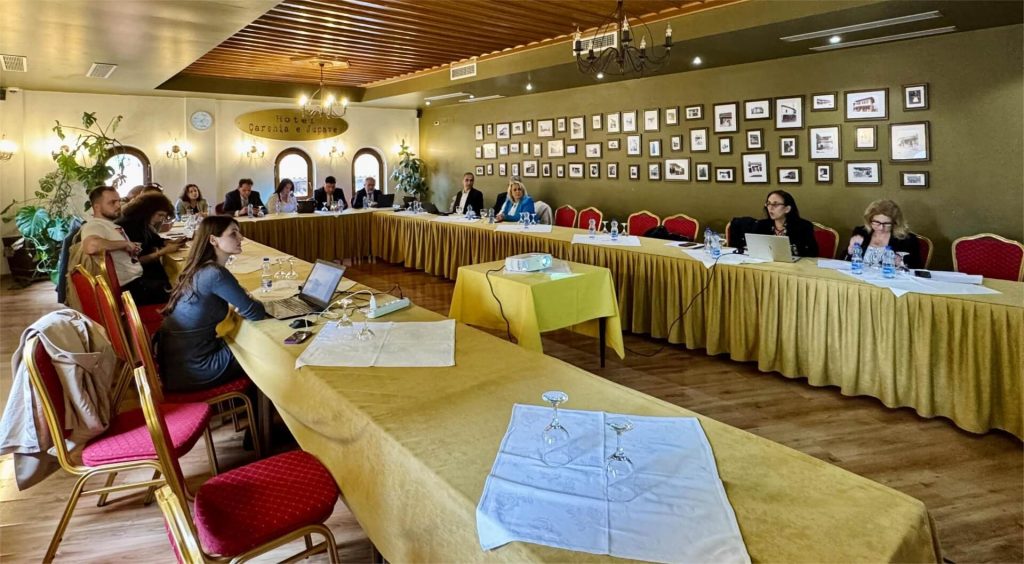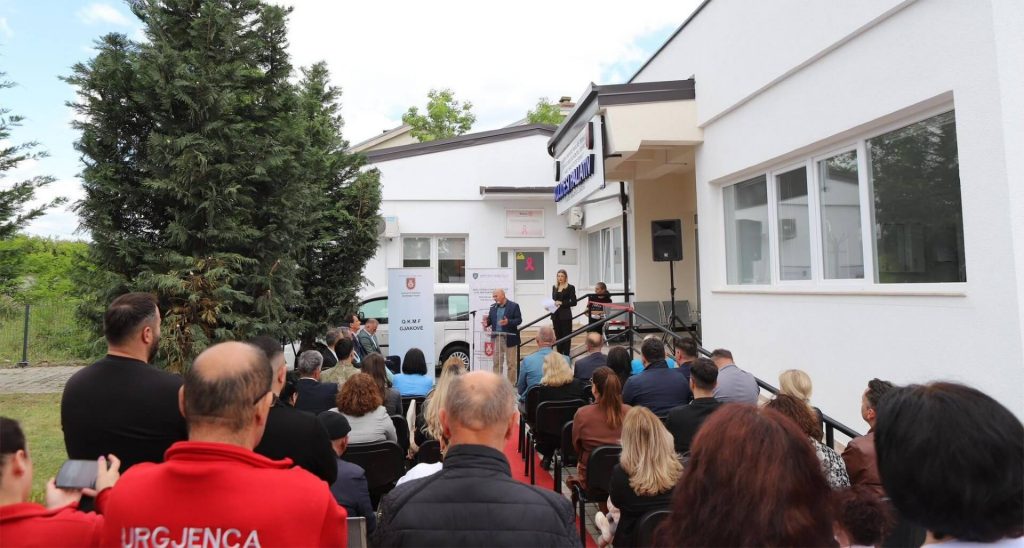From May 30, Gjakova citizens have access to a dedicated Palliative Care service. Inaugurated at the “Ereniku” Family Medicine Center through the cooperation of the Municipality of Gjakova and the Accessible Quality Healthcare (AQH) project, supported by the Swiss Agency for Development and Cooperation (SDC), this marks a significant step in strengthening local health services.
Palliative care plays a vital role in supporting patients with serious and chronic illnesses by offering not only medical treatment but also emotional and psychological care, ensuring support for both patients and their families. It begins at the time of diagnosis and can be provided alongside curative treatments, focusing on improving quality of life, managing symptoms, and addressing physical, emotional, and social needs. Its integration into the public health system reflects a commitment to person-centered and compassionate care.
During the inauguration, the Mayor of Gjakova, Ardian Gjini, emphasized that:
“Care is not only about healing, but also about presence and dignity. I’m especially proud that Gjakova is making this a reality.”
Director of Health and Social Welfare, Adelina Shehu Kola, noted that palliative care is an essential link in the health system, while AQH representative Nicu Fota praised the collaboration and the readiness of the Municipality, ensuring sustainability and long-term local ownership.

Following the ceremony, representatives from Gjakova, Deçan, Prizren, Prishtina, Lipjan and the Ministry of Health gathered for a roundtable to exchange experiences. Gjakova shared its process for establishing the service, and other municipalities expressed strong interest in developing similar care models in their communities.
The Ministry of Health has established a working group to integrate palliative care into primary, secondary, and tertiary healthcare services across Kosovo, bridging the critical gap in patient-centered, long-term care for those with chronic or terminal illnesses.
This collaboration highlights how local commitment can drive meaningful, lasting improvements in healthcare.



